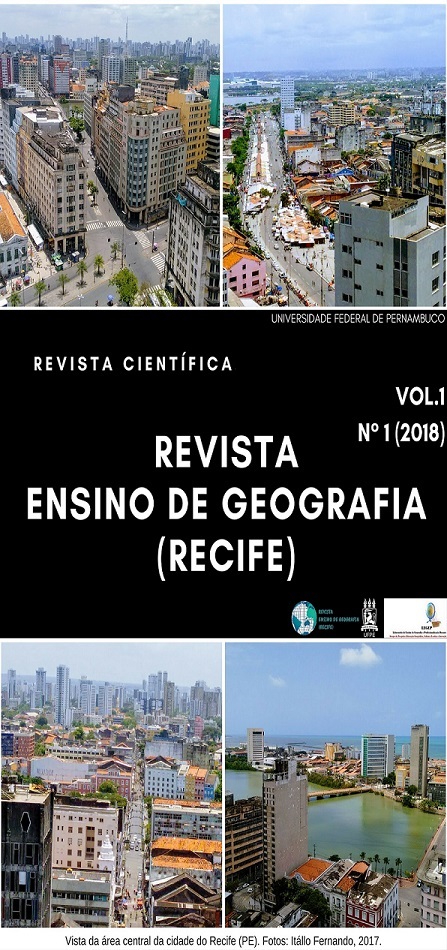EDUCAÇÃO E TERRITÓRIO: UMA MIRADA DESDE DA LUTA DE CLASSES
DOI:
https://doi.org/10.51359/2594-9616.2018.240418Abstract
A educação, em sua institucionalização, representa um instrumento de manutenção das relações sociais hegemônicas, onde o papel do Estado, a partir de sua relação com o grande capital, implementam políticas para que a escola atenda aos interesses dos seus pares, ou seja, a educação/escola é um instrumento de reprodução das relações capitalistas de produção. No entanto, a escola também pode ser considerada como um espaço contra-hegemônico, um espaço de possibilidades para os sujeitos que lutam e constroem seus territórios para além das relações hegemônicas. O território passa a ser um elemento fundante para compreender não só o papel da escola no desenho societário, como também, visibilizar as estratégias da reprodução metabólica e de subordinação do capital, onde o conflito territorial subsidia a compreensão da dinâmica da luta de classes. No presente texto buscaremos compreender a relação entre escola, território e a (re)produção das relações sociais.Downloads
Published
2018-01-23
How to Cite
Nogueira, A. P. F. (2018). EDUCAÇÃO E TERRITÓRIO: UMA MIRADA DESDE DA LUTA DE CLASSES. Revista Ensino De Geografia (Recife), 1(1), 132–143. https://doi.org/10.51359/2594-9616.2018.240418
Issue
Section
Artigo Científico
License
Authors who publish with this journal agree to the following terms:- Authors retain copyright and grant the REVISTA ENSINO DE GEOGRAFIA (RECIFE) right of first publication with the work simultaneously licensed under a Creative Commons Attribution NonCommercial International 4.0 (CC BY-NC) that allows others to share the work with an acknowledgement of the work's authorship and initial publication in this journal.
- Authors are able to enter into separate, additional contractual arrangements for the non-exclusive distribution of the journal's published version of the work (e.g., post it to an institutional repository or publish it in a book), with an acknowledgement of its initial publication in this journal.
- Authors are permitted and encouraged to post their work online (e.g., in institutional repositories or on their website) prior to and during the submission process, as it can lead to productive exchanges, as well as earlier and greater citation of published work.



